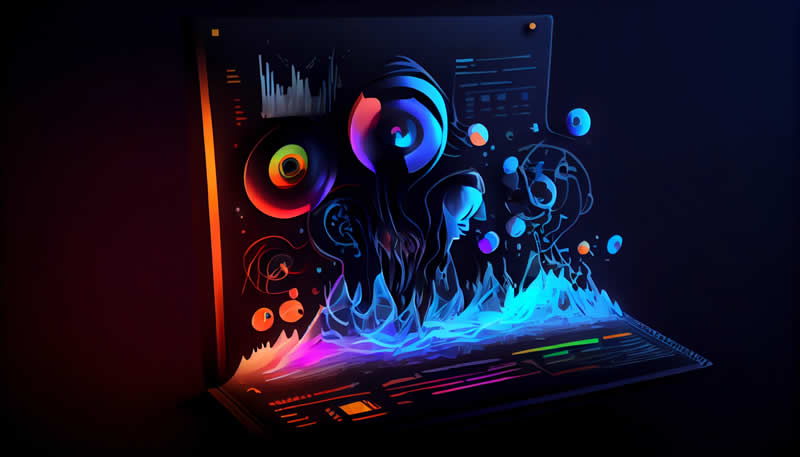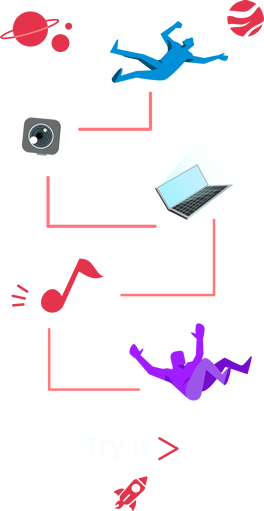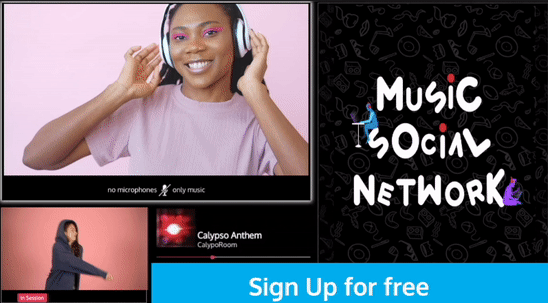How to sample a song legally: our best advices to follow
Sampling is a popular technique that's used in music, film and TV to add depth and authenticity. Sampling involves taking portions of existing songs, sounds or other materials (such as dialogue) and incorporating them into your own work.
It's legal to sample another artist's work if you get permission from them or their record label - but how do you go about doing that? Here are some tips for clearing samples legally.
What does sampling mean?
Sampling is the process of taking a small part of a song and using it in your own song. For example, if you’re making a remix and want to use only one line from a popular song, then that would be considered sampling.
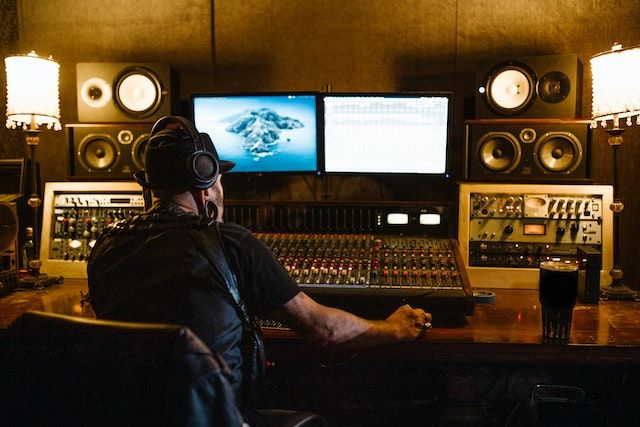
Many individuals mistakenly believe that using samples just involves using a comparable melody or tempo. However, that is untrue. Sampling music can refer to using a similar beat, vocabulary, tones of voice, or lyrics.
Every time a sample is used into a brand-new composition, the listeners should be extremely aware of it thanks to the right attribution. That percentage of new music that was sampled still belongs to the publisher and original songwriters.
Sampling History
Sampling, or the use of portions of sound recordings in new recordings, has been a part of music since the early days of hip-hop. The technique was used to create new songs from scratch and also as an homage to other artists; by sampling an already established song, you're paying respect to that musician while also creating something new.
However, this wasn't always legal—sampling often required permission from both the original artist and record label before it could be used in a song. Some artists were happy to allow their work to be sampled (such as Jay-Z) but others weren't so thrilled about it (such as Mariah Carey).
In 1991, rap group De La Soul sued rapper Biz Markie over use of his beat on his single "Alone Again." This was considered one of the first times where copyright law came into play when discussing sampling because De La Soul had never given Biz Markie permission for using their music in his track.
How to obtain permission to utilise samples
You must learn as much as you can about the song you are choosing to sample, particularly regarding the length of the sample, the source of the sample, and the intended purpose of the sample. Go over this in as much detail as you can.
A song that employs a sample just once or twice is a different case than if you were to use it continuously throughout the song, therefore it is important to consider how many times you will use it in your song.
To utilise a sample lawfully, you will essentially need two different forms of permits:
- The permission for using the master recording: this one pertains to situations where the artist intends to incorporate the original music into the new track. Masters are frequently owned by labels.
- The permission to use the underlying composition: the publisher is the rightful owner of such copyrights. Independent artists frequently serve as their own publishers.
How much does a sample cost?
It depends. Before releasing your music, after using the sample in it, you must get in touch with the beat's rights holders and agree on a price. Sending each of the aforementioned rights holders a copy of your music with their sample on it will allow them to decide whether or not they like the sound of it. If all goes well, they will then discuss costs.
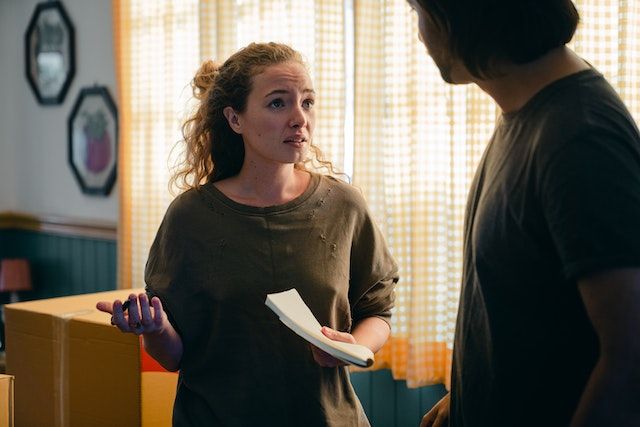
Consequences of unauthorised sampling
The consequences of sampling without permission vary. It can range from a cease and desist letter to a lawsuit. In extreme cases, you could be charged with copyright infringement, which carries a fine up to $150,000 per infringement.
If you don't get the go-ahead but nevertheless decide to sample, things could turn out terribly. The rightsholder might sue for money damages and prohibit your song from distribution. The end effect is that a lot of your hard work is wasted, and your artistic reputation suffers greatly.
Alternatives
Finding out who owns the rights to the song you're attempting to sample is exceedingly difficult, and the more popular the song is, the more it will cost you to sample it. Additionally, if a song was written by numerous writers, you must obtain permission from all of them or from their publishers.
There are free cleared samples on websites like Splice, Artlist, EpidemicSound, and others, where any sample has already been pre-cleared, and you only need to buy and download them so you can then use them as much as you would like. This is useful if permission to sample a particular song has been denied or it's too expensive for your budget.
How to sample a song legally - Conclusion
Now that you know how to legally clear a sample for a song and where to find free cleared samples for your music, you can start using them. Preparation is crucial, and if you can't get permission from the sample's rights holders, hold off on releasing the music.
Your music and reputation are much more important than releasing a song without permission. Follow our recommendations, and you'll create fantastic music, legally!
If you liked this post and would want to read more advices and general information about the music industry, please visit our blog section.
You're here because you love music, so please try to listen to it together with your friends or strangers, at the same time, connected by webcam in CalypsoRoom.
In CalypsoRoom we believe music is the most powerful tool to bring people together, and for this reason, we developed an online music social network where you can connect with friends or strangers while listening to music simultaneously, connected via webcam. Check it out.
Are you a music artist or label and do you want to give your music a further dimension? Do you own or co-own the master and publishing rights to your music? If yes, consider to post it on CalypsoRoom: it’s free, you keep 100% of your copyright, you promote your music in a new way, and you get a new revenue stream! Check it out.
Thanks for reading,
CalypsoRoom Team
back
Written by CalypsoRoom Editorial Team
The CalypsoRoom Editorial Team is a skilled and diverse group of writers, researchers, and industry specialists who have access to Calypso's data and information in order to give you broad knowledge about the music industry as well as helpful advice to help you manage your music and dancing career.
Updated January 2023
Company number: 681223
James's Walk 31, Dublin, Ireland
contact@calypsoroom.com
+353 (89) 435 8928

